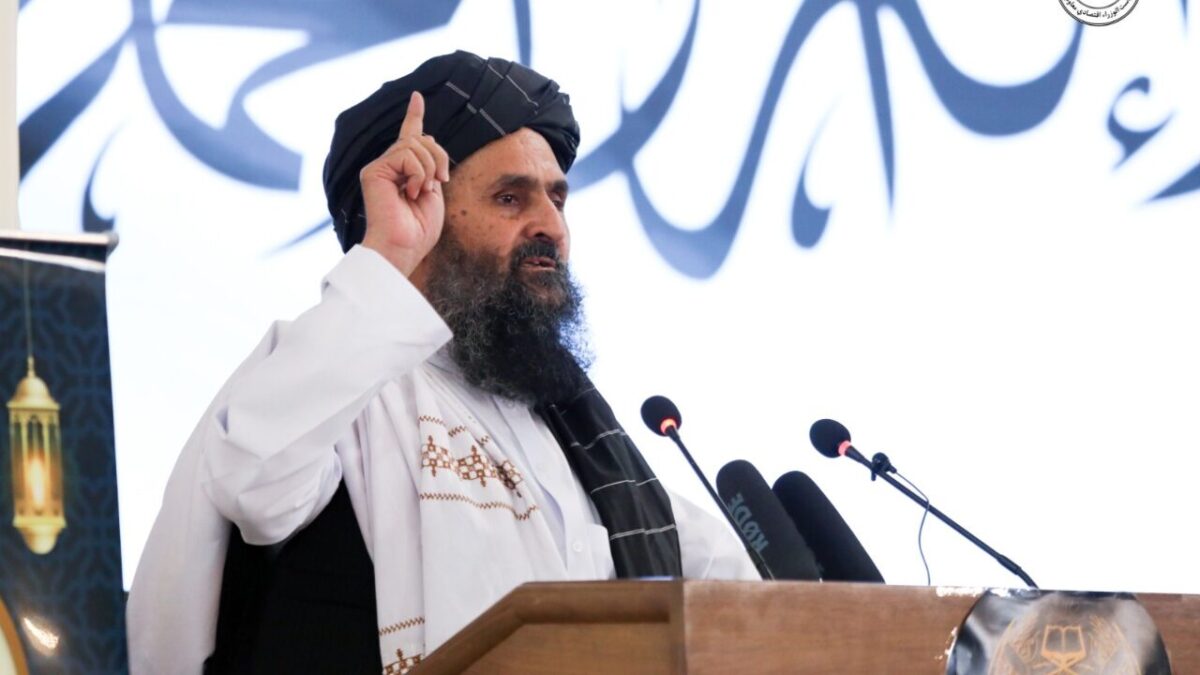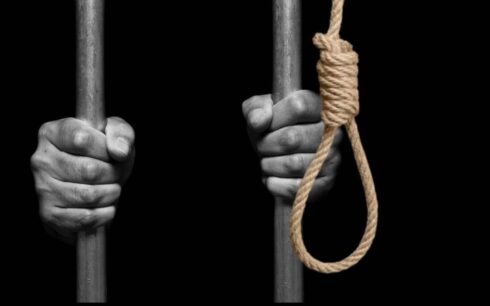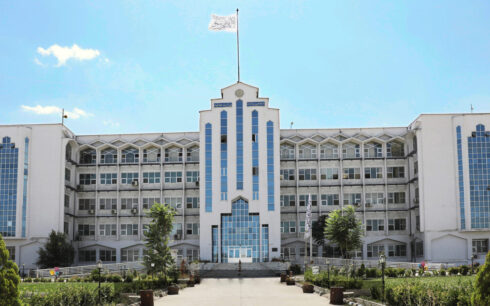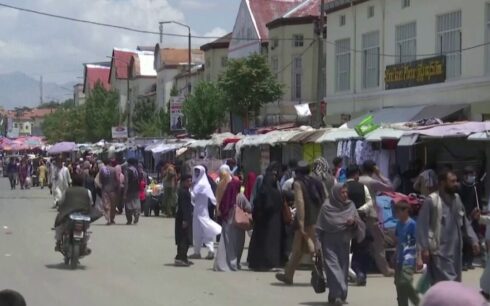Abdul Ghani Baradar, the Taliban’s deputy chief minister, dismissed claims of internal disagreements among their leadership despite persistent reports of rifts over key political and governance matters.
Speaking at the funeral of Khalil Rahman Haqqani, the Taliban’s refugee minister who was killed in a suicide bombing in Kabul on Wednesday, Dec. 12, Baradar insisted that the Taliban leaders remain united.
“There is intimacy and love among us as leaders,” Baradar said. “Don’t listen to anyone and don’t trouble yourselves. May God protect this government.”
The suicide attack, claimed by the Islamic State’s Khorasan affiliate (ISIS-K), targeted the refugee ministry in Kabul, killing Haqqani and others.
Baradar’s remarks come amid mounting evidence of internal disputes within the Taliban. In October, Abbas Stanekzai, the Taliban’s deputy foreign minister, publicly acknowledged differences among leaders on political, economic, and cultural issues, though he framed them as constructive.
“Our disagreements are not over power or position,” Stanekzai said at the time. “Differences exist everywhere, including within the Emirate. These differences are meant to strengthen and improve society.”
Earlier in August, Sirajuddin Haqqani, the Taliban’s interior minister and a prominent leader within the Taliban, expressed frustration over internal power struggles during a meeting with the Taliban’s reclusive supreme leader, Hibatullah Akhundzada. Haqqani warned against the fragmentation of the Taliban into factions and criticized the monopolization of power within Afghanistan’s Taliban-led government.
The Taliban’s leadership, often marked by competing ideologies and regional loyalties, has faced growing scrutiny over how power is distributed among its members. While leaders like Baradar continue to deny divisions, repeated public acknowledgments of internal discord suggest deeper fractures within the Taliban.





